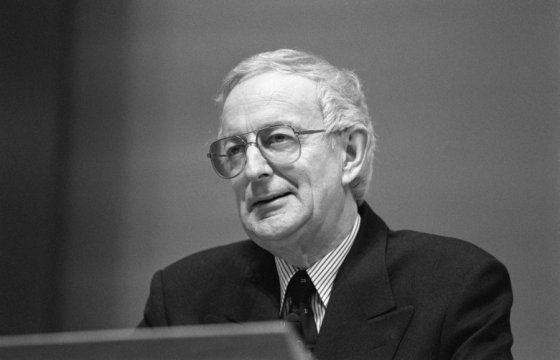
Excerpt
"To be, or not to be, that is the question ": why does this line, which contains the most famous phrase in English literature, exert such a spellbinding force? And how can it help us, when we think of the specificity of English-language literature, or of the divergences between English and French prosodies and what follows from them, or of the mode of existence of our two languages and the peoples who speak them?
The line has none of the immediate appeal of those that begin Hamlet's other soliloquies ("What melts this flesh too, too sullied", or "Oh! what a rogue I am, what an ignoble scoundrel!", or "It's the hour of nocturnal evil spells" - my translation), but it's true that at certain decisive points in his theater Shakespeare finds what he's looking for not by traveling through the land of images but by concentrating in pure simplicity. The sentence even follows the dry form of a question posed for an academic debate, in Wittenberg, for example, except that "the question" could also allude Hamlet to torture, and suggest the torment provoked by this more than philosophical interrogation. Above all, I note that at moments of intellectual or emotional crisis, Shakespeare moves, in his plays as in the Sonnets and often with the power of a revelation, from the common and imperceptible use of the verb to be to its fully ontological meaning, and that in Hamlet's verse this little verb greater than the universe, which stands apart in language as in metaphysics, reaches its absolute expression. I believe that we are fascinated by the infinity of these two infinitives, as if by the presence of an alternative within an ambiguous world, and drawn into the abyss opened by the affirmation of being followed by its negation. The question itself is full of mystery, leading us not so much to seek the answer as to lose ourselves or find ourselves in its twists and turns...".









